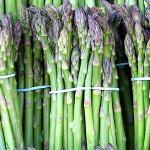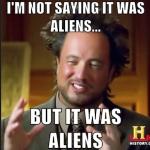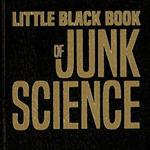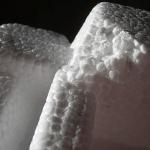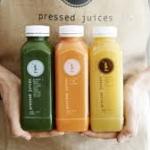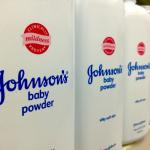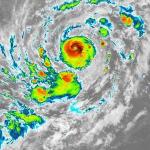One of the top trending Google searches at the time of this writing was "asparagine," one of the roughly 20 amino acids that make up the proteins in our bodies and in our food.
junk science
One of the many problems with academia is that it allows nutcases to flourish.
Much buzz has surrounded President Trump's "Fake News Awards." Given that part of our mission is debunking pseudoscience and bogus health claims, we felt obliged to offer our own Fake News Award ... for junk science.
Open displays of bipartisanship are rare these days and, as such, should be applauded. Unfortunately, a recent example of bipartisanship promotes junk science and bogus health claims.
It's the season for Top 10 lists. The challenge, as usual, is to narrow down all the junk science we debunked in 2017 to just the ten best (worst?) stories. It would be far easier to create a top 100 list.
When I was in 5th grade, my elementary school teacher asked all of us to conduct an experiment at home.
With the holiday season fast approaching, inevitably we will succumb to reckless dietary choices because, what the hey, we have been good the rest of the year, right?
A Missouri court of appeals recently tossed out a decision to award $72 million (ten million dollars in actual damages and $62 million in punitive damages) to a w
For some reason, humans enjoy making predictions of death and destruction. From politicians to fanatical religious leaders, there is a lot of money to be made telling people that Earth is toast.
Kurt Eichenwald is an interesting guy -- in the same way that a 47-car pileup on the freeway is interesting. He is, according to his Twitter bio, a contributing editor to Vanity Fair and a New York Times bestselling author.
